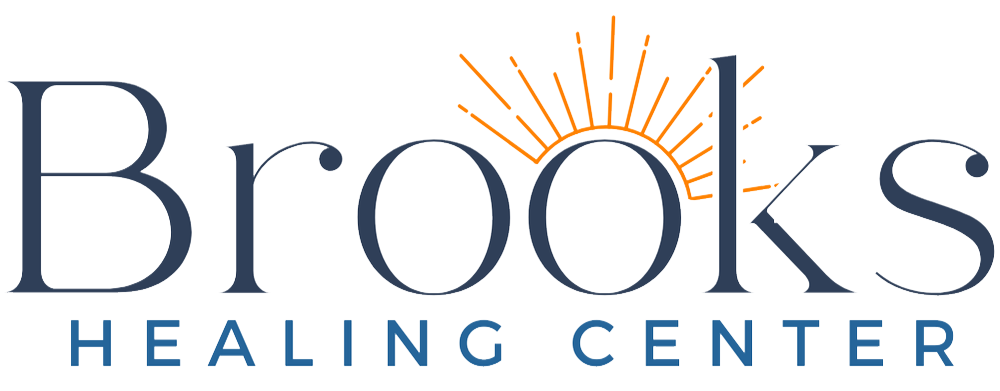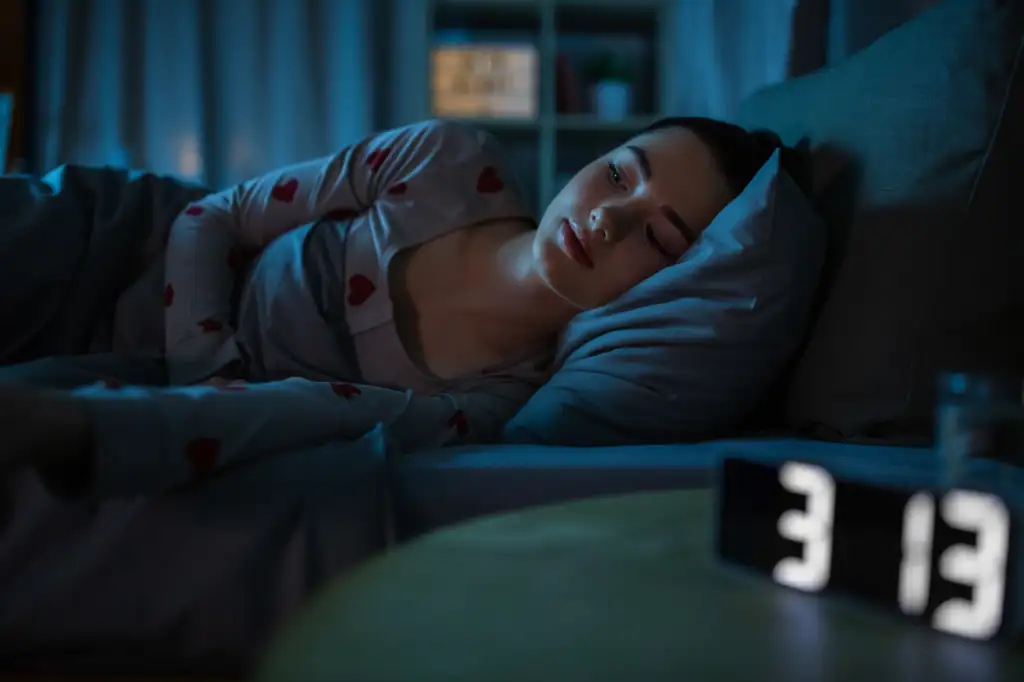Triazolam’s only brand name is Halcion. It’s a type of benzodiazepine commonly used to treat insomnia. Triazolam carries the risk of physical dependence and abuse and is only recommended for short-term treatment, no longer than 10 days. [1] There are other adverse effects and risks linked to triazolam use that you should be aware of.
What Is Triazolam & How Is Brand Name Triazolam Prescribed?
Only a healthcare provider can prescribe triazolam, and it’s not recommended for people with a history of drug abuse or addiction. Triazolam, or Halcion, is part of a class of drugs known as benzodiazepines and is classified as a Schedule IV controlled substance.[2] People who take triazolam without a prescription, give their prescription to someone else, or sell triazolam could face serious legal penalties, including hefty fines and jail time.
Triazolam is primarily prescribed for the treatment of insomnia, a sleep disorder that makes it hard to fall asleep or stay asleep. There are no other FDA-approved uses for this drug.
Healthcare professionals typically prescribe an initial dosage of 0.25 mg to be taken at bedtime. This dose of triazolam may be increased for maintenance up to a maximum daily dose of 0.5 mg, but only under a doctor’s directions and supervision.[3] Keep in mind that higher doses of triazolam may be associated with increased risks and side effects.
Never take more triazolam or any other medication than prescribed by your healthcare provider. Doing so could put you at risk of serious or even life-threatening side effects, including a fatal overdose. If triazolam isn’t working for insomnia, tell your doctor right away. There may be alternative treatments available with fewer risks.
Triazolam Side Effects

Triazolam has been linked to some adverse effects, including some that are uncomfortable as well as serious side effects that must be reported to your doctor. In some cases, side effects can be life-threatening, especially when mixed with other substances such as alcohol or opioids. Some relatively common side effects of triazolam include: [4]
- Daytime drowsiness
- Central nervous system depression (CNS)
- Breathing problems (i.e., slow or shallow breathing)
- Faintness or lightheadedness
- Allergic reaction
- Dizziness
- Suicidal thoughts
- Anxiety
- Depression
- Balance or coordination issues
- Sleep-driving or sleepwalking
If side effects are serious or persist for more than a few days, seek medical attention immediately. In the event of an emergency, call 911 or the Poison Control helpline.
Who Should Avoid Triazolam?
Triazolam isn’t right for everyone and can be habit-forming. If you have a history of substance abuse, take certain medications, or have specific medical conditions, you may need to talk to your healthcare provider about alternative treatments for insomnia.
Triazolam Drug Interactions
The following drugs may be linked to dangerous interactions and should be avoided when taking triazolam: [5]
- Nefazodone
- Boceprevir
- Ketoconazole
- Itraconazole
- Sodium oxybate
- Telaprevi
- Opioid medications
Tell your doctor about any medications or supplements you’re taking, including over-the-counter or recreational drugs.
Avoid Triazolam If You Have Certain Medical Conditions or Symptoms
If you are older than the age of 65 or have certain medical conditions or symptoms, you may want to avoid triazolam and tell your doctor if you have any of the following:[6]
- Suicidal thoughts or behaviors
- Pregnancy or breastfeeding
- A mental health condition
- Substance use disorder
- Respiratory problems
- Kidney disease
- Liver disease
- Seizures
Other Triazolam Warnings
Driving While on Triazolam
Triazolam can cause problems while driving a vehicle. You should avoid operating a motor vehicle until you know how this medication will affect you. There have been reports of people sleep-driving while on triazolam with no memory of the event afterwards. [7]
Triazolam Overdose
Since triazolam can be addictive, the risk of overdose is particularly concerning. These risks are increased when mixing triazolam with alcohol, other benzodiazepines, opioids, or other prescription or illicit drugs. Any of the following signs of an overdose on triazolam should prompt immediate medical attention: [8]
- Extreme drowsiness
- Slurred speech
- Slow or raspy breathing
- Seizures
- Confusion
- Coordination problems
- Loss of consciousness or coma
If you or a loved one experiences any of these signs, call 911 or the Poison Control Helpline.
Withdrawal Symptoms of Triazolam
As a benzodiazepine, triazolam can be addictive and can cause withdrawal symptoms when someone who has developed a physical dependence stops taking this medication. In some cases, these symptoms can persist for over a year: [9]
- Tinnitus (i.e., ringing in the ears)
- Anxiety, depression, or other mental health changes
- Memory problems
- Muscle twitching or unusual movements
- Worsening sleep problems
- Hallucinations
- Suicidal thoughts
- Delusions
- Uncontrollable shaking
- Seizures
- Burning or tingling in hands, arms, legs, or feet
- Trouble concentrating or focusing
- Mania
If you or a loved one is taking triazolam for insomnia or any other reason, follow your doctor’s instructions carefully. Never stop taking triazolam or lowering the dose without first consulting with your healthcare provider.
Call your doctor if you’re experiencing mild or uncomfortable symptoms of withdrawal. For serious withdrawal effects, call 911 or go to the nearest emergency room.
Try Sleep Hygiene for Insomnia
Triazolam is a powerful drug used to treat insomnia, but it carries the risk of addiction, abuse, and other adverse effects. Before resorting to any type of sleep medication, it may be recommended to try developing a healthy sleep routine. For example, going to bed at the same time each night and keeping your room cool and dark during sleeping hours may help. If you currently struggle with triazolam addiction, seek the help of a professional addiction treatment.
FAQ’s
Is triazolam the same thing as Xanax?
No. Triazolam is the generic form of the drug Halcion. Both triazolam and alprazolam (i.e., the generic of Xanax) are benzodiazepines. However, they are prescribed for different medical conditions. Alprazolam is typically prescribed for anxiety and panic disorders, while triazolam is indicated for insomnia. Although they’re not the same, these medications shouldn’t be taken together.
Does triazolam cause miscarriages?
Not enough research has been conducted to know whether or not triazolam increases the risk of miscarriage. [10] You should tell your doctor if you are pregnant or breastfeeding before taking any new medication.
Is triazolam used to treat anxiety?
Triazolam is only FDA-approved to treat insomnia. Doctors and dentists sometimes prescribe it off-label for anxiety before a medical or dental procedure. [11] It is not generally prescribed for anxiety or panic disorders.
How should triazolam be stored?
The FDA advises patients to store triazolam at room temperature out of the reach of children and pets. [12]
How soon does triazolam start working?
For most people, triazolam begins to work within half an hour of taking a dose. [13] If triazolam doesn’t start working within this timeframe, tell your doctor as soon as possible. Don’t take another dose or increase your prescribed dose.
Has triazolam been banned?
Triazolam has been banned by some European countries, but not in the United States. In the U.S., healthcare professionals prescribe triazolam with discretion and caution due to its potential for abuse and various safety concerns. Be sure to tell your doctor about any past or current medical conditions, medications, or substance abuse.
Is triazolam a strong sedative?
Triazolam is classified as a sedative-hypnotic and can have strong sedative effects. You shouldn’t drive while taking triazolam without first knowing how the drug will affect you. Plan to sleep 7-8 hours after taking triazolam and tell your doctor if you experience drowsiness the following day. [14]
Is Halcion safe to use long-term?
No. Halcion, or triazolam, is only prescribed for short-term use due to the high risk of abuse and addiction associated with this class of drugs, known as benzodiazepines (or benzos for short). It is typically only prescribed for 7-10 days. Taking triazolam for longer than prescribed may increase the risk of physical dependence. Long-term use can also lead to tolerance, meaning the person needs a higher dose of the medication to have the same effect, which can heighten the risk of adverse effects, including overdose.
Are there alternatives to triazolam?
Because triazolam can be habit-forming, some people look for alternatives for the treatment of insomnia. Two such alternatives include trazodone and zolpidem. [15] These alternatives are also prescription drugs and come with their own set of risks and side effects. Your healthcare provider may be able to help you determine what treatment is best for you to address insomnia or other sleep disorders.
Sources
[1] [3] Triazolam uses, Side Effects & Warnings. Drugs.com. (n.d.-l). https://www.drugs.com/mtm/triazolam.html
[2] Diversion Control Division | Controlled Substance schedules. (n.d.). https://www.deadiversion.usdoj.gov/schedules/schedules.html
[4] [5] [14] Cleveland Clinic. (2024, December 20). Triazolam (Halcion): Uses & side effects. Cleveland Clinic. https://my.clevelandclinic.org/health/drugs/19962-triazolam-tablets
[6] [7] [8] [9] U.S. National Library of Medicine. (n.d.). Triazolam: Medlineplus Drug Information. MedlinePlus. https://medlineplus.gov/druginfo/meds/a684004.html
[10] U.S. National Library of Medicine. (2025, January). Triazolam (halcion®). MotherToBaby | Fact Sheets [Internet]. https://www.ncbi.nlm.nih.gov/books/NBK583001/
[11] Pyeon, T., Chung, S., Kim, I., Lee, S., & Jeong, S. (2017, June). The effect of triazolam premedication on anxiety, sedation, and amnesia in general anesthesia. Korean journal of anesthesiology. https://pmc.ncbi.nlm.nih.gov/articles/PMC5453890/
[12] Halcion triazolam tablets, USP Civ – accessdata.fda.gov. (n.d.). https://www.accessdata.fda.gov/drugsatfda_docs/label/2014/017892s047lbl.pdf
[13] Triazolam (Halcion): Uses, side effects, dosage & more. GoodRx. (n.d.). https://www.goodrx.com/triazolam/what-is?srsltid=AfmBOooouUfvZjMjqVo6x-y0jVX3NPMZ_-AX6ZLGc3QpyVAqcL-ffbET
[15] Triazolam alternatives compared. Drugs.com. (n.d.). https://www.drugs.com/compare/triazolam

